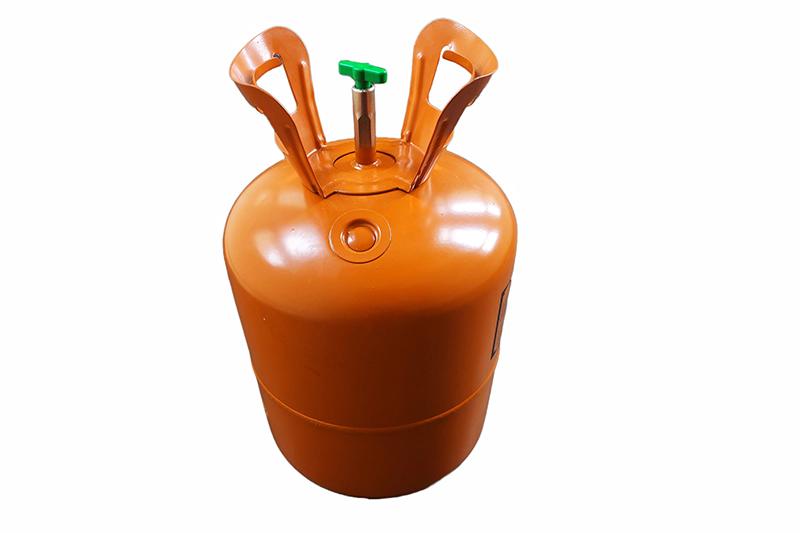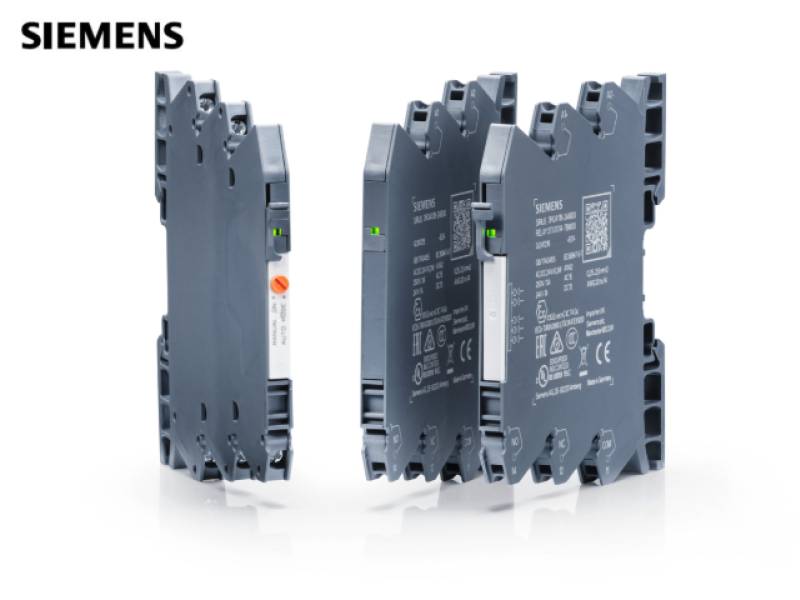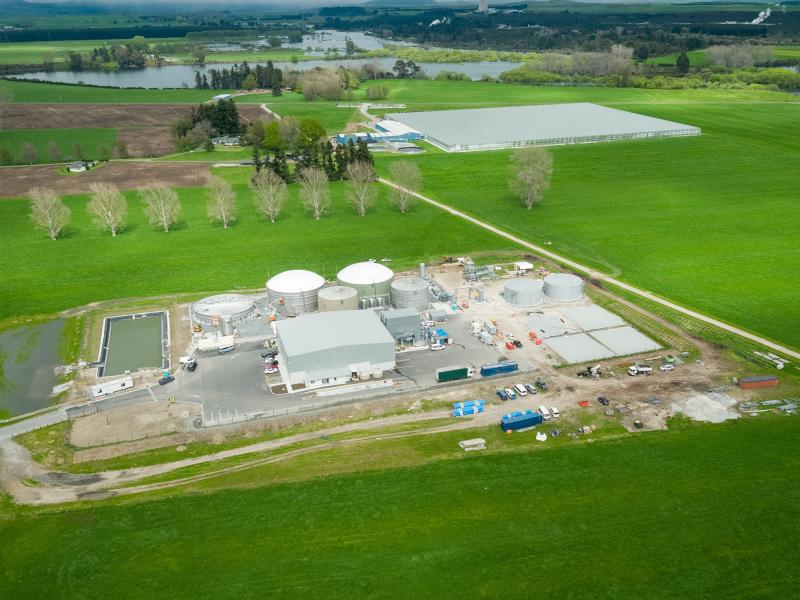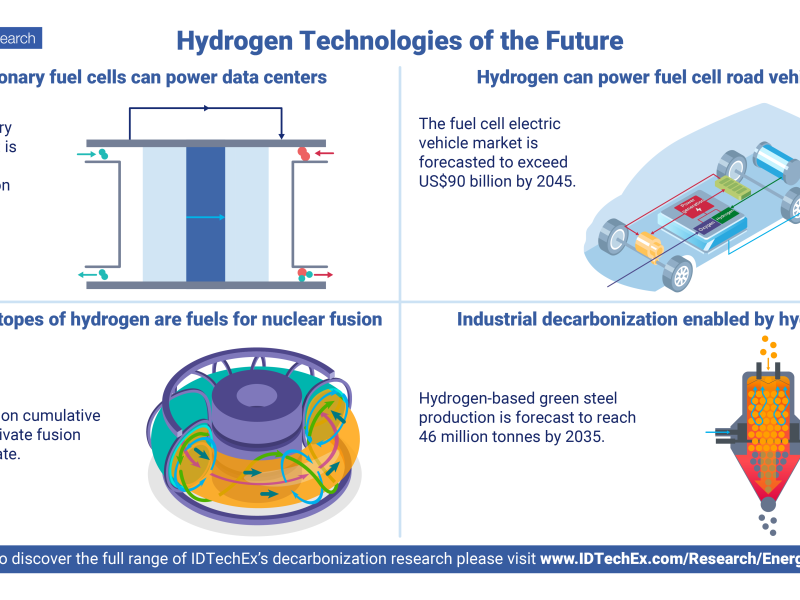DTS, a New Zealand manufacturer of advanced refrigeration technologies, is taking the heat out of running cool. The company, well-known as New Zealand’s leading manufacturer of stainless-steel vats, is bent on saving refrigeration users from unpleasant surprises in the short- and long-term by breaking the chain of R404A gas use across New Zealand.
R404A is a common refrigerant in New Zealand. This high-pressure blended gas became a stalwart of dairy and commercial applications from 1995 when CFCs were banned for use in new equipment. Nearly 30 years on, R404A is now considered one of the worst refrigerants in the country for greenhouse gas emissions, and its price is soaring.
Luke Walker, DTS National Sales and Service manager, believes many producers are unaware of the specific refrigerant cooling their systems — until a leak occurs.
“Whether it's farms, vineyards, horticultural operations, breweries, or butcheries, exactly which refrigerant is running a cooling system is unnecessary information for day-to-day operations. Usually, the only clue is a small sticker on the condenser.”
“People generally become aware of the type of refrigerant after a leak, when a system needs to be re-gassed or topped up, and the bill rolls in. This is when the type of refrigerant hits home with immediate effect. R404A has a relatively high GWP of 3922 which attracts levies and currently rests at a full retail price just shy of $10,000 per jug.”
DTS is instigating a fast track of R404A removal and offering a jug-for-jug swap out between R404A and R449A as part of its proactive servicing to reduce the nasty surprise at the wallet. R449A is a widely available refrigerant and compatible with most refrigeration systems currently running R404A.
A more environmentally friendly refrigerant, R449A has a GWP of 1397 (one-third of the R404A rating). It is more energy efficient, expending greater cooling capacity — and considerably more affordable.
Luke says the swap-out is a simple step for farmers, growers, and other commercial enterprises.
“We are excited to be able to offer R404A-R449A swap as part of our standard proactive “Service-man” contract. R404A is used across multiple market sectors and we have the capability to address this wherever it is being used. There is no equipment upgrade, save a small valve replacement in some circumstances, and there is no introduction of operating hazards.”
The longer-term advantage of replacing the R404A with a lower GWP refrigerant is lowering impact on the environment.
“We know about 90 percent of refrigerants leak out by the end-of-life of equipment. Rather than accepting that eventual release, DTS is removing the R404A from cooling systems and eliminating its re-use in New Zealand or offshore. The R404A is collected, treated in a high temperature reactor to break the chemical bonds, then transformed into compounds which can be used in various manufacturing processes.”
Luke says collaboration is also an option. “We are open to working with others to help transition primary industries and other sectors with cool storage away from the harmful R404A.”
“DTS has a strong reputation in refrigeration technologies. We want New Zealand producers and those involved in the cool-food chain to know that we are here, we are a highly responsible company and we’re interested in creating solutions that deliver increased efficiency and sustainability of our customers’ businesses.”






